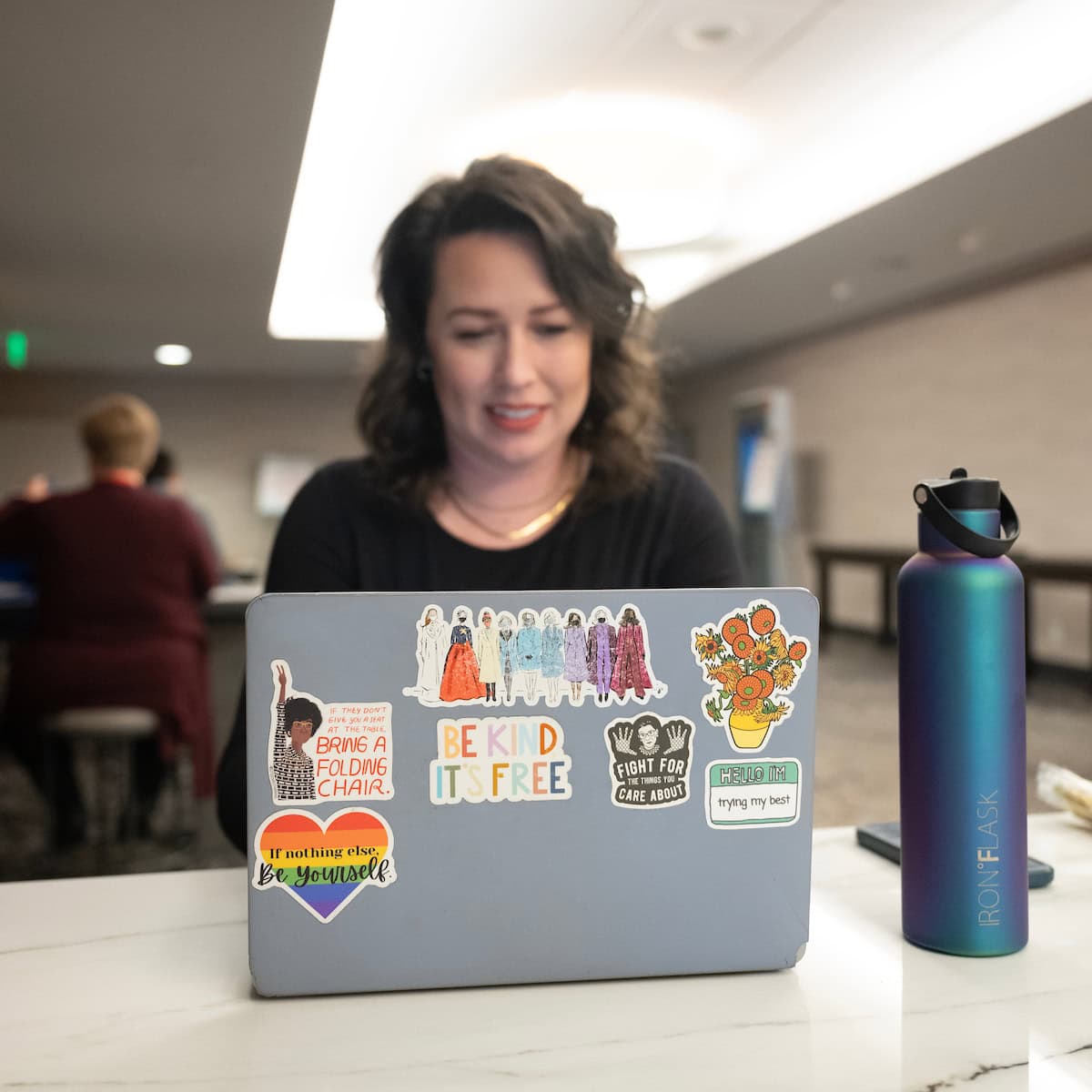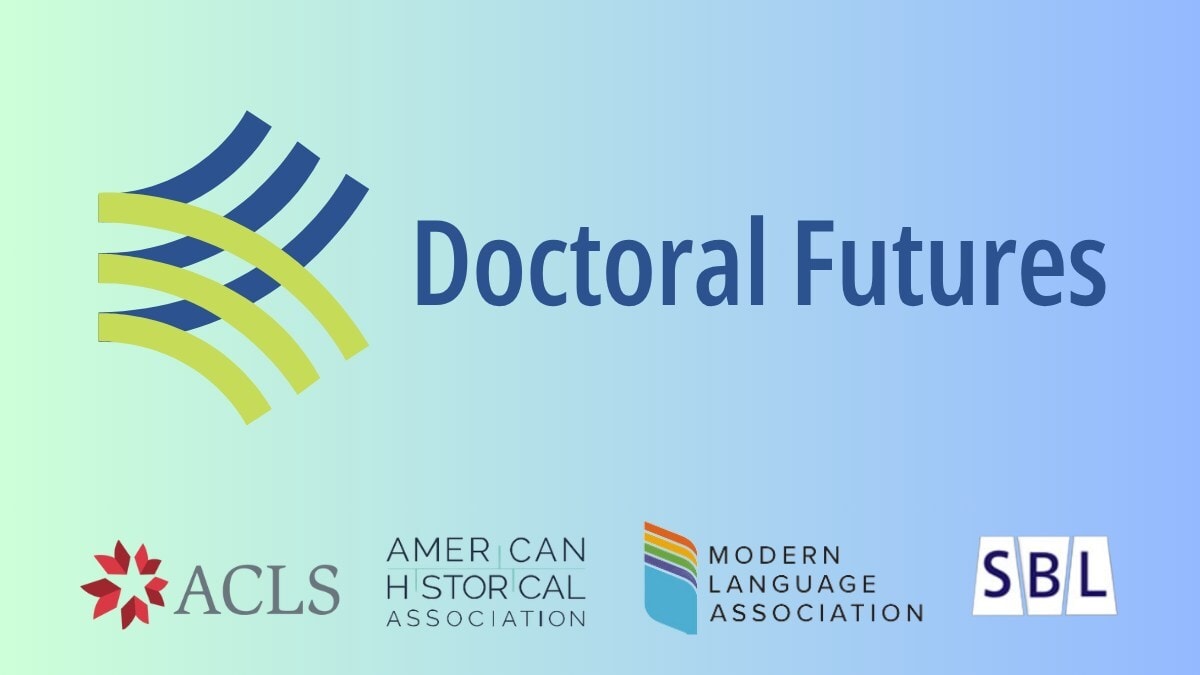About Doctoral Futures
Reimagining Humanities PhD Programs
The AHA, in partnership with the American Council of Learned Societies, the Modern Language Association, and the Society of Biblical Literature, has launched Doctoral Futures. This three-year initiative (2025-28) aims to reimagine humanities PhD programs with new structures, policies, and academic cultures that will better prepare the next generation of knowledge producers. The program is made possible by a grant from The Mellon Foundation, with additional funding by the ACLS endowment.

Doctoral Futures Newsletter
Sign up to receive news and updates on this initiative from ACLS.

Launch Annoucement
Read the press release announcing the initiative's launch.
Doctoral Futures in Perspectives
Collaborating for the Next Generation
In Perspectives on History, AHA executive director Sarah Weicksel discusses the Doctoral Futures initiative. "Not all history PhD students have prior experience, or the support, to imagine those pathways—a challenge the AHA’s Career Diversity initiative sought to address. That multiyear project did much to enhance the ability of history graduate programs to support student pursuit of careers outside the professoriate, but much remains to be done."
"I am excited to co-chair the AHA’s committee alongside deputy director Dana Schaffer. As two historians who ourselves have had varied careers, we look forward to working with the committee members to reimagine doctoral education. It is my fervent hope that through this initiative the AHA will help to ensure that all PhD students have the support that is essential to imagining a variety of fulfilling career pathways, and that society continues to benefit from the richness of humanistic knowledge."
Sarah Weicksel
Executive Director, American Historical Association
"The future of doctoral education in many humanities fields in the United States is bleak. We must find practical ways to fight austerity, help PhD students thrive when academic jobs are scarce, and engage them in the urgent mission of attracting the next generation of undergraduates to humanistic study. Through the three-year course of Doctoral Futures, we will work collaboratively with our academic society partners to improve the graduate experience in the humanities for all students, including first generation college graduates and those from traditionally underrepresented groups. This initiative is aligned with our advocacy for changes in the faculty merit system, so that we better reward the necessary work of keeping undergraduate degree programs robust and growing."
Joy Connolly
President, American Council of Learned Societies
Project Leadership & AHA Committee
AHA Leadership
Sarah Weicksel, AHA executive director, and Dana Schaffer, AHA deputy director, serve as committee chairs for the initiative.
Post-Degree Pathways
Led by the AHA, participants will consider how we might realign humanities graduate education with the need for advanced educated professionals with humanistic skills and perspectives, inside and outside academia.
Rachel Arteaga, University of Washington
Danielle Fossler-Lussier, Ohio State University; Imagined Futures Graduate Professional Development Initiative lead
Stephanie Kirk, Washington University in St. Louis
Annie Maxfield, University of Texas at Austin
Quincy Mills, University of Maryland
Maggie Nettesheim-Hoffman, Marquette University & Humanities Without Walls
Adam Seipp, Texas A&M
James Van Wyck, Princeton University
Matthew Villeneuve, University of Wisconsin-Madison
Daryle Williams, University of California, Riverside
Career Diversity for Historians
The AHA’s Career Diversity for Historians initiative (2011–22) began as an inquiry concerning career outcomes and evolved into a broad-based exploration of the culture, practice, process, and purpose of history PhD programs. Over the course of three grants from the Mellon Foundation, the AHA collaborated with 40 PhD-granting departments—a quarter of the history PhD programs in the United States—to better align doctoral education with changing professional opportunities within and beyond the academy and to better articulate the value of history and historical thinking.